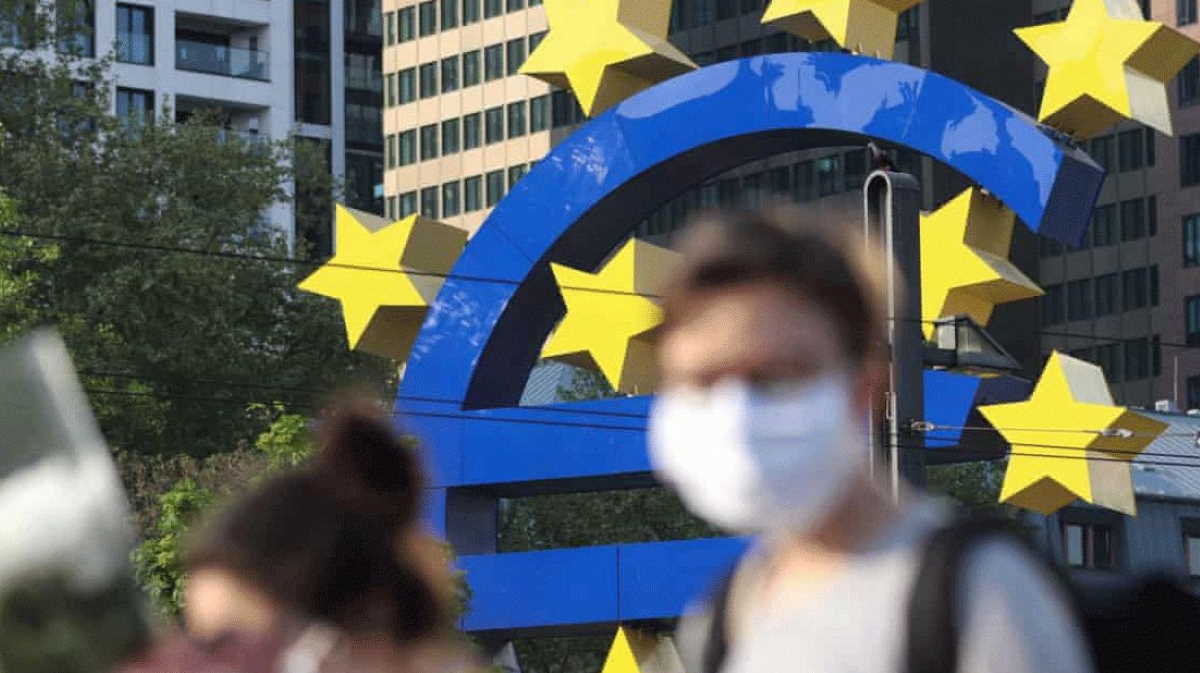10954
0
Euro area households have saved during the pandemic
Euro area households have saved during the pandemic. Savings are concentrated mainly in households of wealthier older Europeans.

Yazar: Tom Roberts
Yayınlanma: 18 Nisan 2021 03:15
Güncellenme: 19 Şubat 2026 09:57
Euro area households have saved during the pandemic
The eurozone needs to relaunch consumer spending to pick up the pace of its economy. During the blockades to stop the spread of the pandemic, many households on the continent saved a lot. The problem, however, is that the most money is accumulated by those consumers who tend to accumulate money rather than spend it. According to Barclays analysts, so-called pandemic savings are concentrated mainly in households of wealthier older Europeans who are stuck at home without the opportunity to go to a restaurant or on holiday. In their case, they are less likely to start spending more on large items, unlike younger people. In assessing the pace of recovery of the most advanced economies, the decisive factor is whether this particular group of consumers will use its freedom and start spending more. Europe has the largest middle-aged population of any region in the world. The amount of money that could be released along with the blockades is huge. Barclays estimates the accumulated savings at 600 billion euros, but they are concentrated mainly in the hands of conservative residents, which casts a shadow over their unlocking. According to the German Deutsche Bank, the release of savings could add about 1 percentage point to the region's economic growth in 2021, which the International Monetary Fund predicts at 4.4%. UBS economist Dean Turner believes that household spending will "significantly" contribute to the so-called post-pandemic recovery, expecting growth of 2.9% this year. The eurozone needs new stimuli as its economic recovery lags behind the US and China due to the hitherto slow vaccination. Longer-than-expected blockades in Germany led major institutes on Thursday (April 15) to reduce the country's joint economic growth forecast this year by a full percentage point to 3.7% from 4.7%. Data from the European Central Bank also indicate that people over the age of 50 have saved more money over the past year, while the financial situation in the 16-49 age group, with a greater tendency to spend but also a higher risk of unemployment, has deteriorated. The situation is best described by the approach of the Austrian couple Gloria Sattélová and Alfonso Pribek. Before the crisis, they often ate in restaurants, went to the opera and theater regularly, enjoyed weekly spa stays twice a year, as well as trips to Greece, Germany and France. However, after the end of the blockades, they will probably not return to all these activities. "We will go to the spa as soon as possible, but we don't plan anything else," said Sattle, 78, who lives with her 81-year-old husband in central Vienna. It is with these people in mind that the ECB is cautious. Its latest forecasts suggest that the savings rate, which almost doubled to 25% during the pandemic last year, will gradually return to pre-crisis levels. However, the money accumulated during the blockades will not be significantly reduced. The German central bank, the Bundesbank, estimates that the country's savings increased by € 110 billion last year, and its French counterpart estimates that households have accumulated up to € 120 billion. Data from the European Commission revealed that although household savings in the euro area have increased, their interest in buying more expensive items over the next 12 months is still only slightly above average.İLGİLİ HABERLER





European stocks soared and focus shifted to German retail sales after Powell's speech!

Forex Signal For TRY/USD: Inflation Slowdown in November.

Forex Signal For GBP/USD: Bullish Trend Still Not Breaking While Recovery Continues.

Forex Signal For EUR/USD: Starry US Data Points to Higher Fed Increases.

Forex Signal For BTC/USD: Downside Continues as Bitcoin Recovery Moves Less.
En Popüler Haberler
Yorum Yap
Yorumlar
Henüz yorum yapan yok! İlk yorumu siz yapın...